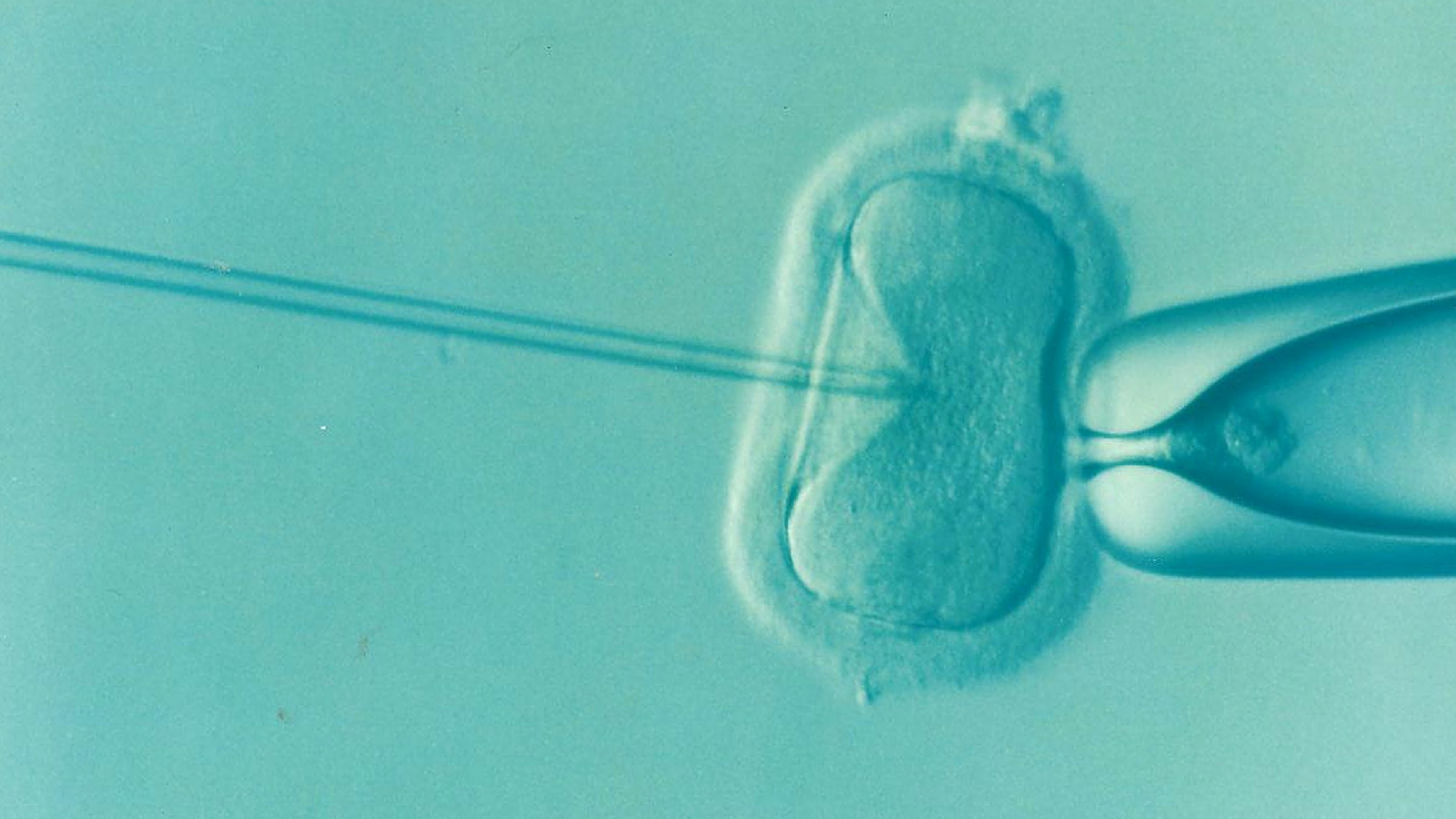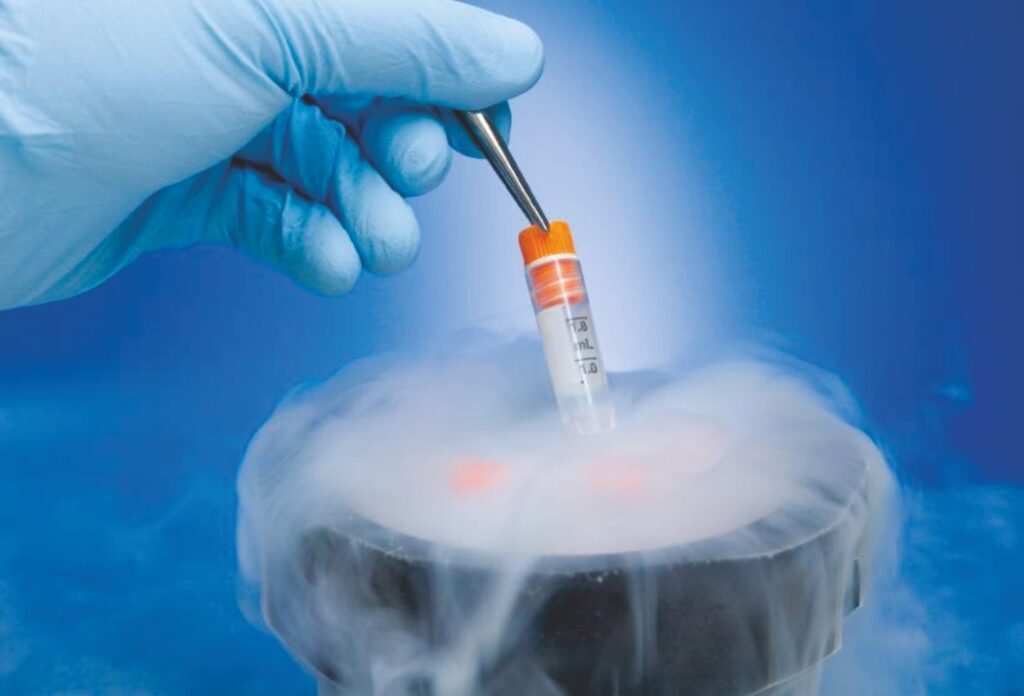Infertility and Advanced Fertility Treatments

Infertility is on the rise in India. About 10-15% of married couples in India suffer from infertility and nearly 3 million people are seeking active treatment. Infertility is the inability to achieve pregnancy even after 1 year of unprotected intercourse.
This could be due to several factors including erratic lifestyle, advanced maternal age, PCOS, irregular periods, fibroids, endometriosis, smoking, lack of exercise, fallopian tube blockage, low sperm count, excessive alcohol consumption, excessive gadget use, environmental toxins, genetic disorders, etc. Fertility problems can be due to issues in either the male or the female partner or both of them. In today’s world of advanced medical management, a wide array of customized fertility treatment options are available to treat infertility.
Dr Meghana Nyapathi, Clinical Head & Fertility Specialist, Oasis Fertility gives us a lowdown.

Fertility Treatments:
A detailed evaluation of both the partners is required before starting the treatment. The investigations will guide the clinician to start the best possible treatment for the couple such that they get the best success rates in the shortest possible time.
a.Ovulation Induction with Timed Intercourse (OI-TI):
OI-TI is the initial step in the management of infertility. Women may not be able to conceive due to irregular cycles or anovulation. OI-TI can help such women in conceiving naturally. In this procedure, certain medications are given for the development of follicles from the women’s ovaries. Superovulation can be done in patients who are ovulating normally to increase the dominant follicles to increase the chances of pregnancy in such couples. Scan and blood tests are done to find out the time when the woman ovulates and the couple is advised to have intercourse at the appropriate time that enhances the chances of natural pregnancy.
b.IUI (Intra-Uterine Insemination):
IUI is one of the basic and cost-effective treatments that helps overcome infertility. The woman is given medications to stimulate the ovaries for the production of eggs or can be done in a natural cycle too. Motile sperms are obtained from a male partner’s semen and injected into a woman’s uterus.
Who needs IUI?
- Women with mild endometriosis
- Women with ovulatory dysfunction associated with low sperm count and motility
- Men with low sperm count and low motility
- Men with ejaculation issues
- Unexplained infertility

c.IVF (In-vitro Fertilization):
When the preliminary treatment methods don’t help, IVF is the method of treatment to help the couples achieve pregnancy. Here the oocyte and the sperm are fertilized in the laboratory and the resulting embryo is implanted in the uterus.
Who needs IVF?
- Women with severe endometriosis
- Women with ovulatory disorders who have failed to conceive with only ovulation induction
- PCOS
- Problems in the fallopian tube
- Male factor where the count is low
- Men who require Surgical sperm extraction (Treatment through ICSI)
- Couples who have cancer
d.Micro-TESE:
Micro-TESE is a ray of hope to men who have issues with their sperm count. Instead of going in for donor sperm, through Micro-TESE, the specific areas in the testicle that contain sperms are identified and sperms are removed surgically which can be used for the IVF process.
e.Magnetic Activated Cell Sorting (MACS):
Healthy sperms are essential for the success of IVF treatment. Poor quality sperm can cause miscarriage. MACS is a technique used to segregate healthy sperms for IVF. Some spermatozoa cease to exist through the process of apoptosis. If this kind of sperms fuses with an egg, the resultant embryo may have abnormal development and also may lead to miscarriage. In the MACS technique, spermatozoa are passed through a column with a magnetic field. Apoptotic spermatozoa get retained in the column whereas healthy spermatozoa get collected for later use. In men whose DNA fragmentation is high and also in the case of women with repeated miscarriages, MACS is used.
f.Pre-implantation Genetic Testing (PGT):
PGT is a boon to women who suffer recurrent miscarriages, advanced age, and recurrent negative pregnancy result despite the transfer of normal-looking embryos. Through PGT, embryos with abnormal chromosomes can be detected and removed and only healthy embryos can be chosen for IVF. Embryos with abnormal chromosomes can lead to miscarriage or genetic diseases in the baby. 3 types of PGT screening enable the detection of any chromosomal abnormality in the embryo before implantation in the uterus during an IVF treatment.
PGT-A – Preimplantation genetic screening for abnormal chromosome number
PGT-M – Preimplantation genetic testing for monogenic (individual) disease
PGT-SR – Preimplantation genetic testing for structural rearrangements.
PGT also rules out the possibility of the transfer of genetic disorders from parents to the child by analyzing the genes in the embryo before implantation.
g.Fertility Preservation:
Cancer and its treatments like radiation, chemotherapy affect men and women’s fertility. Fertility preservation is an advanced technique by which one can preserve fertility potential before undergoing cancer treatment. Eggs, sperms, or embryos are retrieved from the cancer patient and stored in liquid nitrogen before the commencement of cancer treatment. This helps people who undergo cancer treatment to conceive anytime in the future as per their medical condition.
Infertility doesn’t always put an end to one’s parenthood dream. If couples consult the fertility specialist without delay, there are high chances of overcoming infertility and becoming happy parents.
Ad



